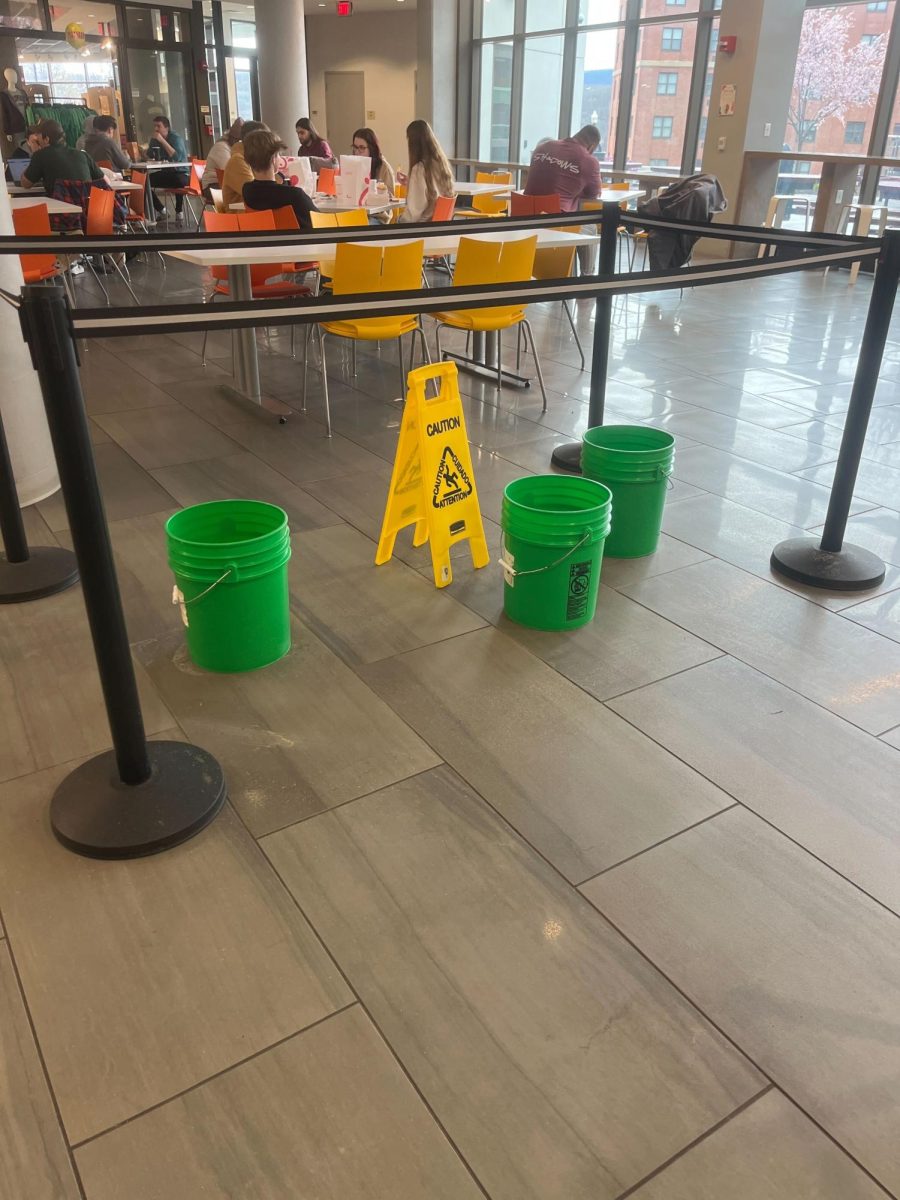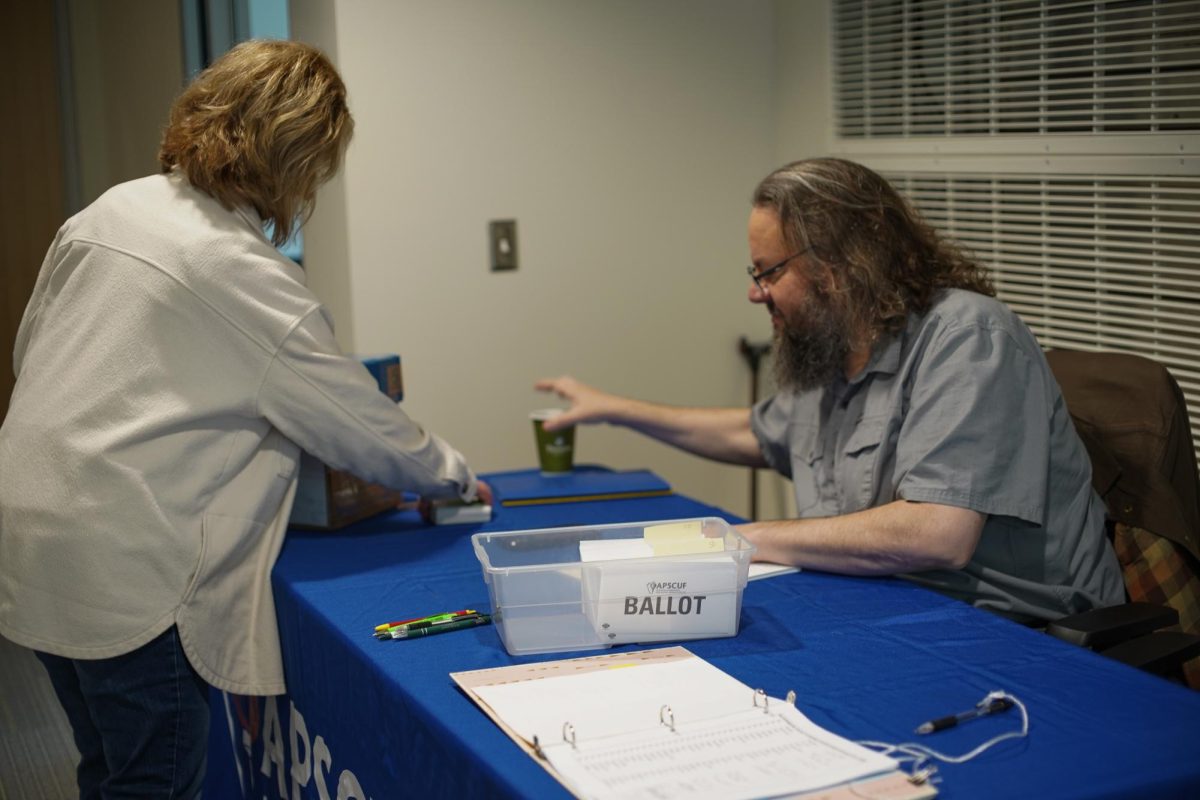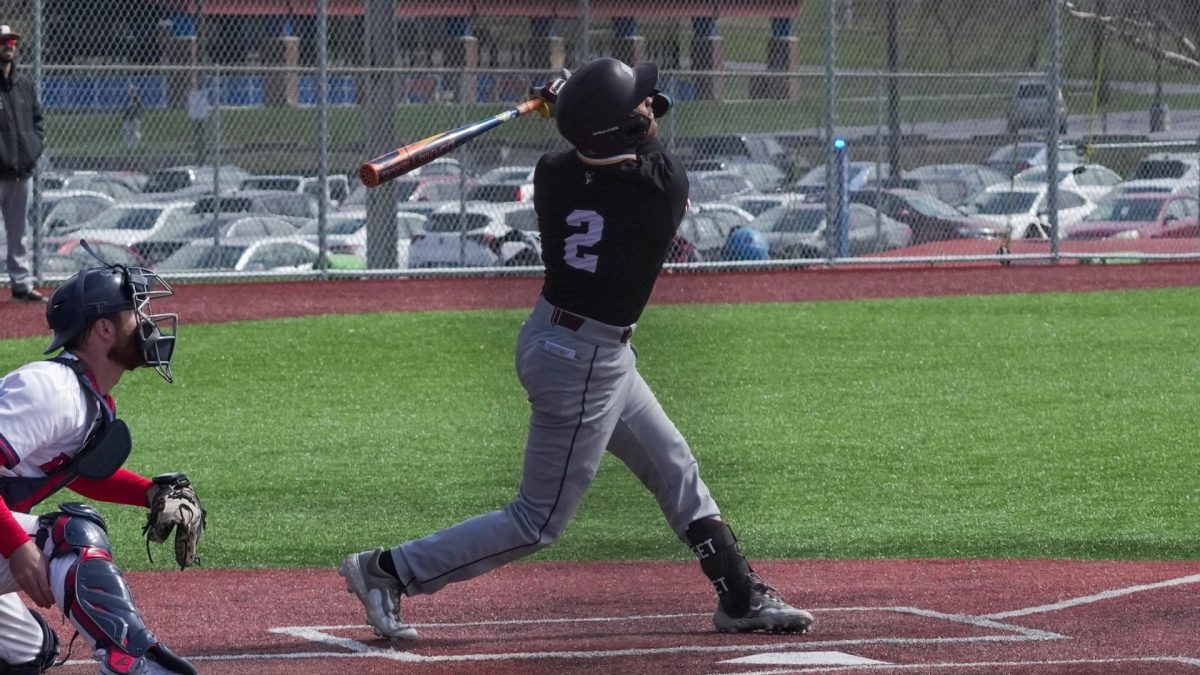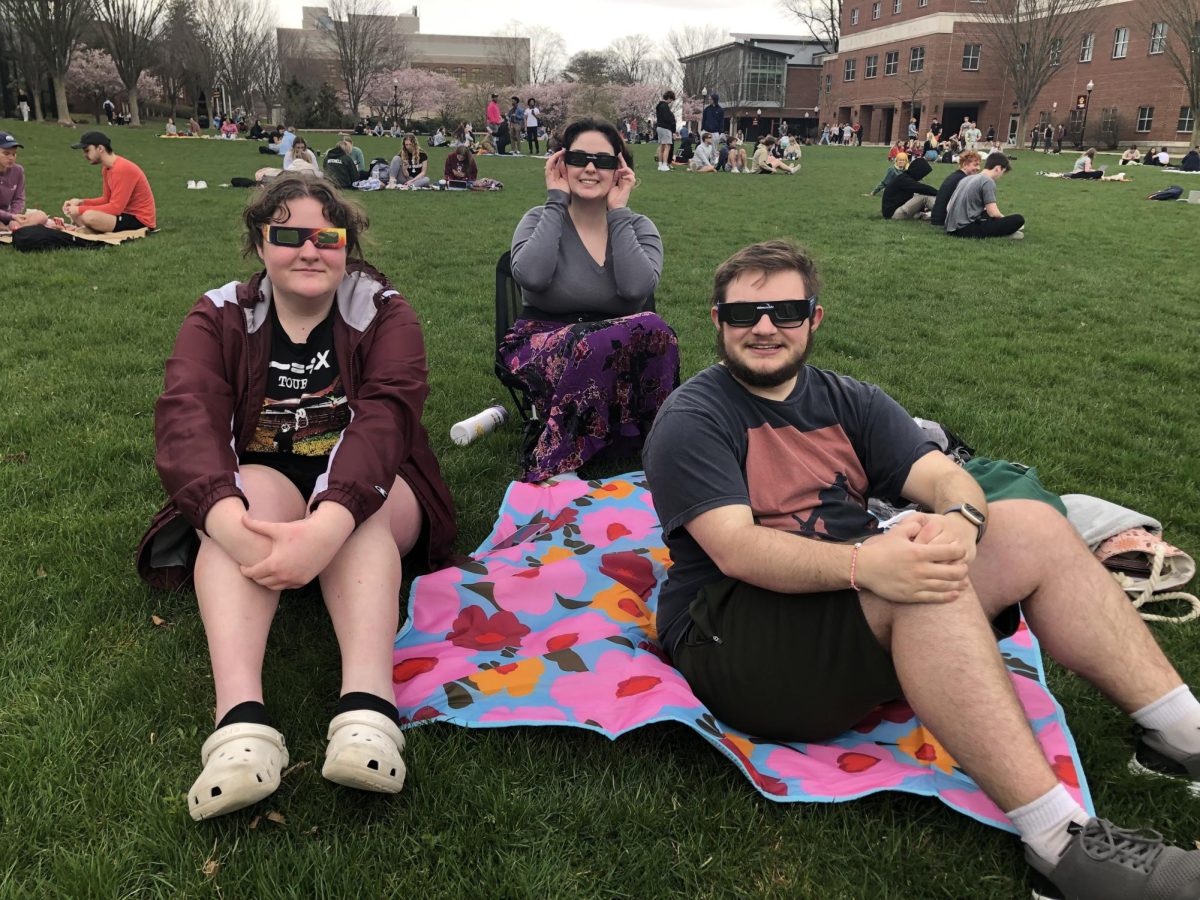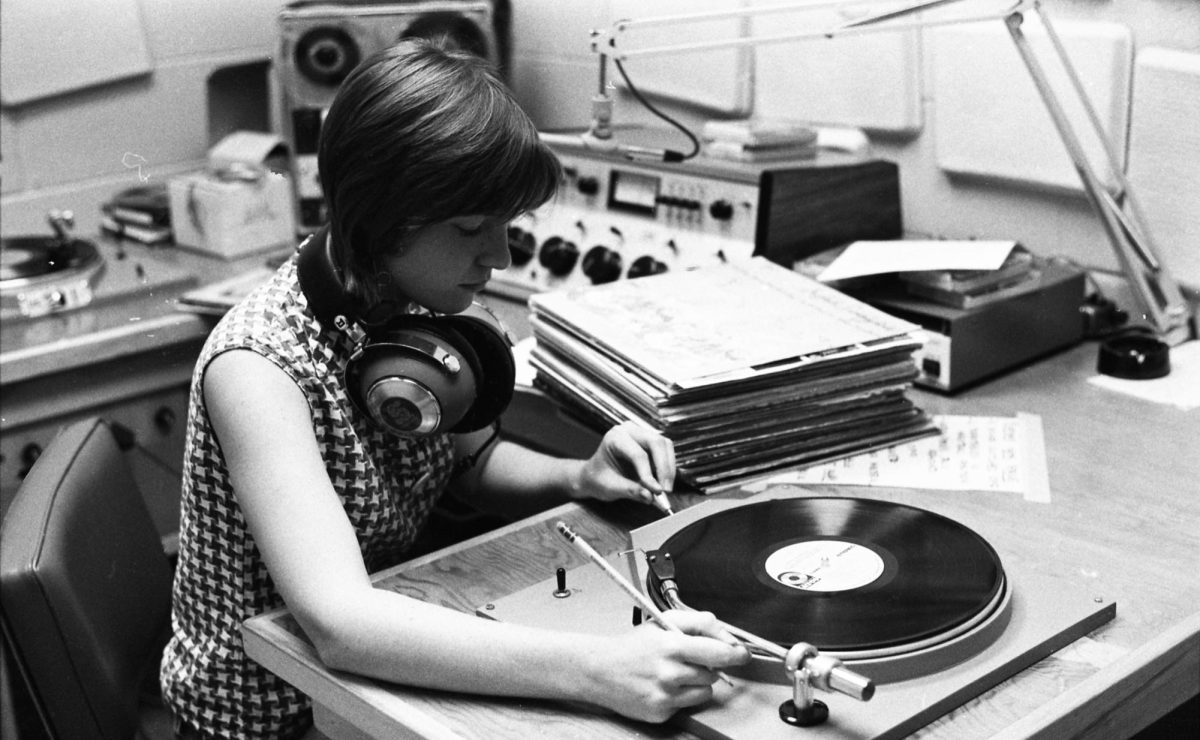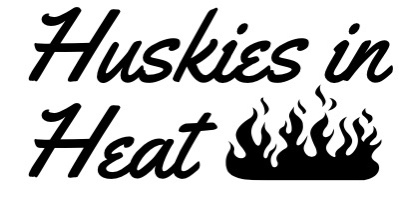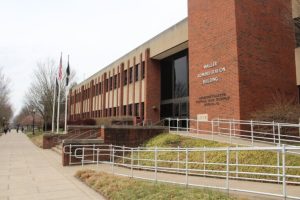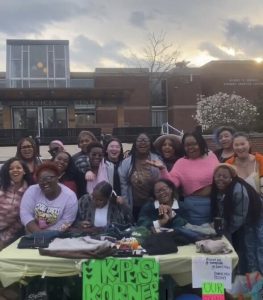In the wake of three massive hurricanes that slammed the Gulf of Mexico, Florida and the Caribbean over the past two weeks, even more devastating natural disasters have suddenly pushed rescuers to their limits. This hurricane season started off violently strong when Hurricane Harvey made its destructive landfall over Texas, flooding large metropolitan areas like Houston in a state that has not, in recent memory, been exposed to such devastating floods and wind damage. Following this massive storm, Hurricane Irma devastated Florida and much of the Caribbean, leaving millions displaced and without power.
At the same time, Hurricane Jose has been circling just outside of the path that Irma took, leaving many worried that it might add to the destruction at any moment, while Hurricane Katia, which formed in the Gulf of Mexico, slammed into America’s southern neighbor not long after the president of Mexico offered relief aid to Texas. The nail in the coffin for Mexican aid to America came with a devastating, 8.1 magnitude earthquake which struck on the opposite side of the country near the Mexico-Guatemala border. While many hoped that this series of devastating disasters would be a once-and-done incident and would allow time for proper recovery, less than a month after these disasters struck, the world has been rocked again by nature.
The rapid succession of storms and quakes has blurred many of these incidents together, but the beginning seems to have been with the 7.1 magnitude earthquake which occurred on Tuesday, Sept. 19 and which has, thus far, claimed 225 lives. Rescuers have been desperately searching the rubble for any survivors, including as a school which collapsed due to the violent quake. At the same time as the quake which rocked Mexico City, 45 miles southeast, Mexico experienced a violent, unrelated volcanic eruption which has, thus far, claimed the lives of 15 people who were worshiping in a church at the base of the volcano. The devastation has prevented the Mexican government from being able to provide any form of relief to Hurricane Harvey victims as they originally intended, as all resources must be allocated to the rescue efforts in Mexico City. Across the Caribbean, Hurricane Maria has left 100 percent of the island of Puerto Rico without power while flooding much of the island with heavy rainfall. Without power, 3.5 million residents are fighting for survival while rescuers struggle to reach anyone who may be trapped or in need of assistance.
While the Atlantic has been struck several harsh blows, across the Pacific, natural disasters have begun rocking nations along the Ring of Fire. Just south of New Zealand, a shallow, 6.1 magnitude earthquake shook up Auckland Island and could be felt as far north as the capital city of Wellington, several hundred miles north of the epicenter and just hours after the deadly earthquake in Mexico City. And within that same 24-hour time period, another shallow quake registering at a 6.2 was detected 200 miles east of Fukushima, Japan. As of right now, damage reports for both quakes are minimal, with train services disrupted in Wellington as a result of the quake and subsequent tremors, and neither nation has seen any signs of tsunamis. Residents of Japan are wary of any more quakes near Fukushima after the deadly 2011 earthquake and tsunami which killed or injured thousands and resulted in a dangerous meltdown of the Fukushima-Daiichi nuclear power plant.
With hurricane season only having just begun, the devastated regions of the world will be waiting with bated breath for any further reports of natural disasters that might bring more destruction in the coming months.


